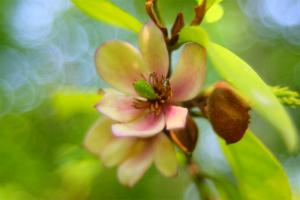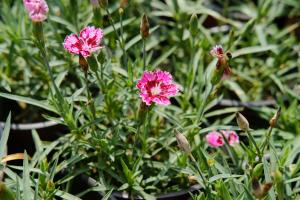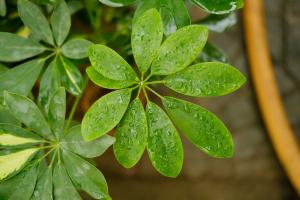Yes, since ancient times, who can resist the charm of orchids? Friends who have orchids at home believe that the most expected thing in the process of cultivating orchids is that orchids bloom, right? After flowering, the orchid looks more quiet and temperament, which is pleasing to the eye
When raising orchids, many people only know to water and fertilize orchids, and they won't manage orchids after flowering. This is not uncommon. Huahua knows that many people cultivate plants according to the principle of simplicity, because doing more may not make plants grow better
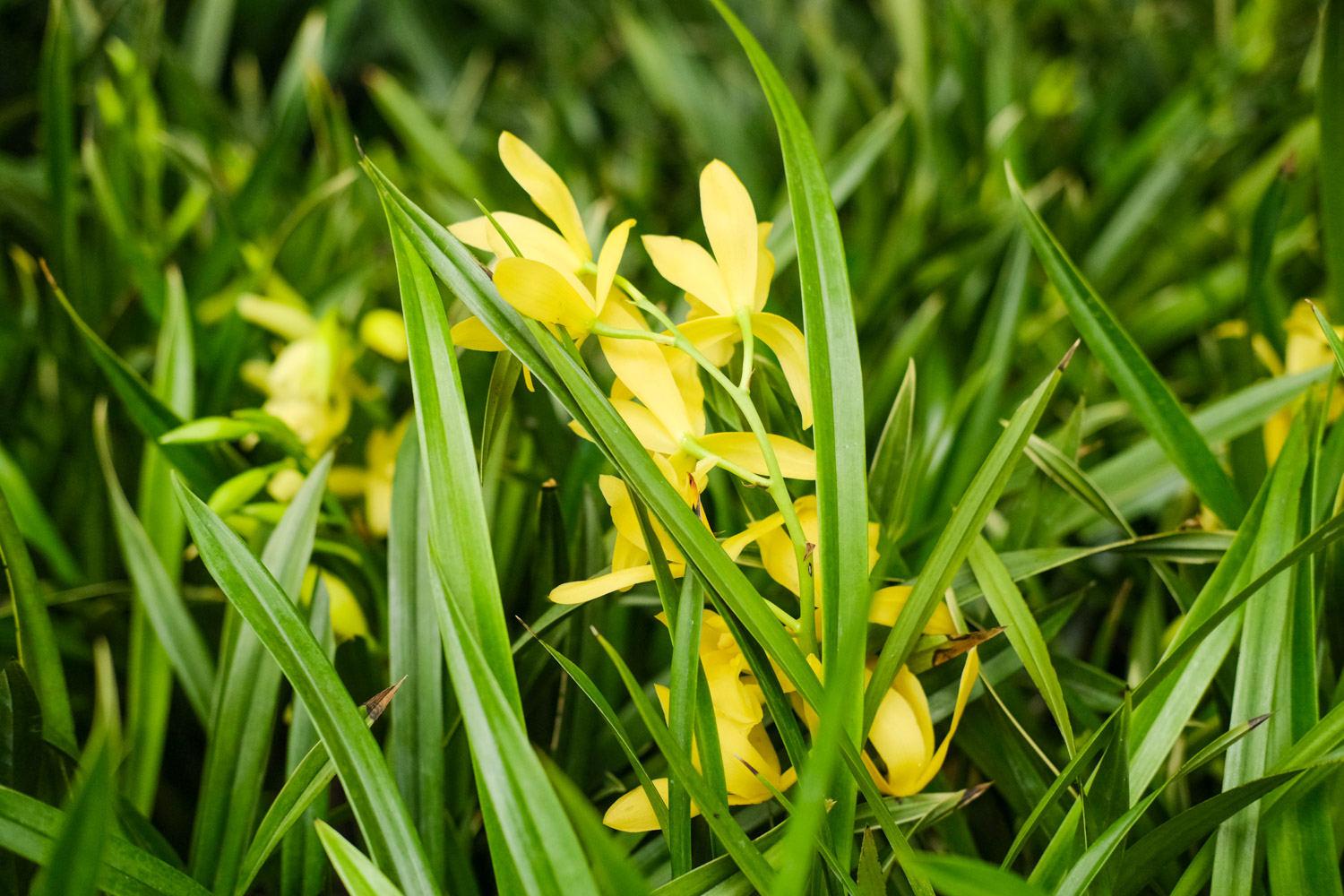
But it's not necessarily true for orchids. We don't know. If the orchids after flowering are cultivated on the ground, they can also absorb the nutrition in the soil, but the potted orchids are not necessarily! Today, Huahua will tell you what measures we need to take after flowering for the orchids we usually plant at home
If you are serious enthusiasts who like orchids, the orchids in your family are still difficult and expensive, and you have great expectations for orchids, you should observe the state of orchids when cultivating orchids, and cut off the flowers in advance when they want to wither after they are in full bloom
This is mainly because the orchids that are about to wither will also absorb nutrients. In this way, the withered orchids will absorb the nutrients of the orchids that are about to bloom, which may affect the quality of orchid flowering. Therefore, it is OK to cut the orchids early. PS: it should be noted that it is best to be about 6cm away from the basin surface
Orchids need extra maintenance after flowering. Basically, we can fertilize orchids on time and in quantity. Orchids in the growth and flowering period generally need compound fertilizer such as nitrogen, phosphorus and potassium. This compound fertilizer is very helpful to the growth and flowering of new lateral buds of orchids
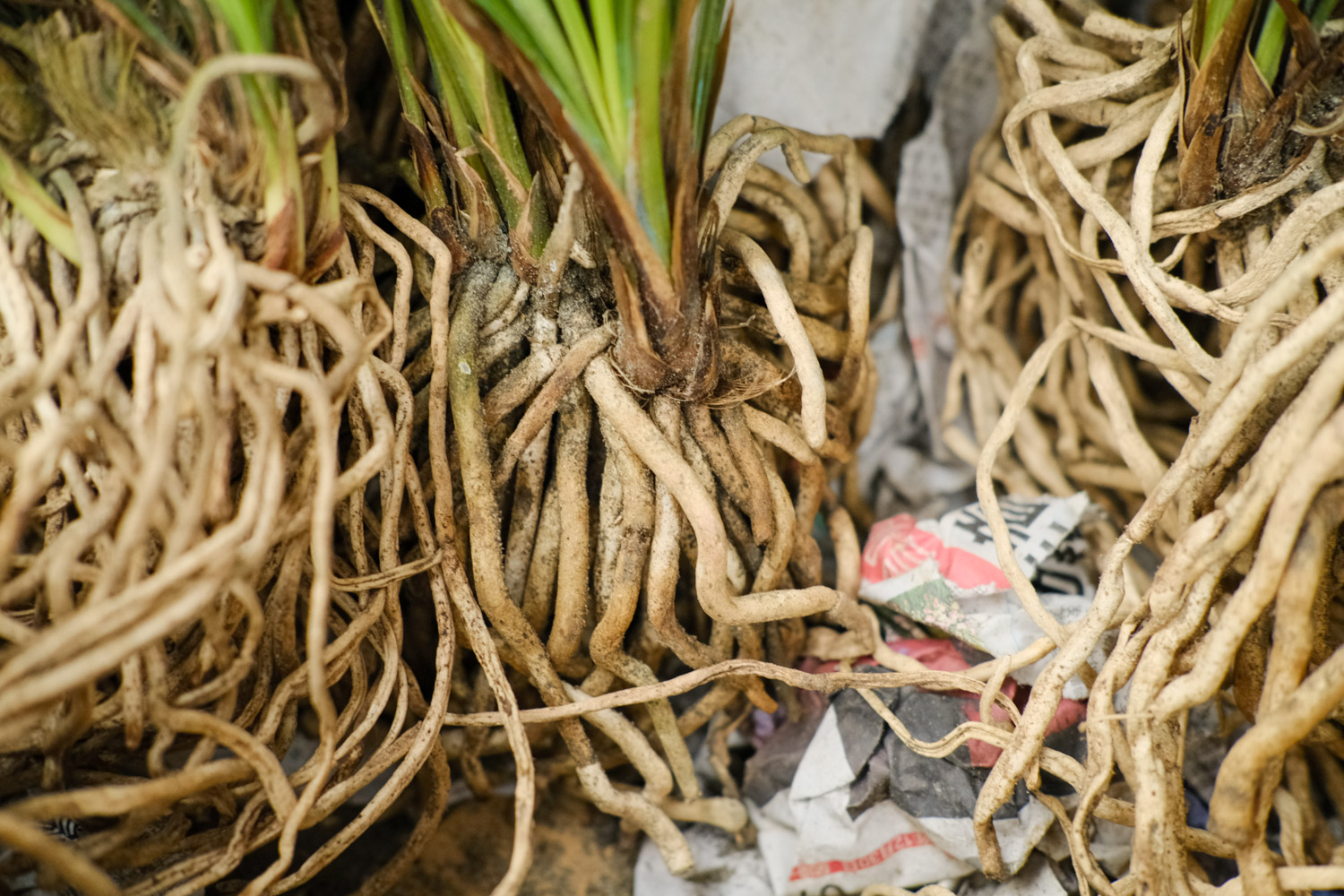
But we can't apply too much fertilizer. Orchids don't like fertilizer. Too much fertilizer won't make orchids grow faster. It's just a bad situation of accumulating fertilizer and burning roots. Therefore, we must apply fertilizer scientifically to ensure sufficient nutrients~
Flowering orchids don't have much requirements for water. They don't need to increase water. Just ensure that the basin soil is damp and not wet. Don't blindly add water to orchids, which is likely to rot
In addition, daily maintenance is also the key. In terms of light, we should not only ensure that orchids can have sufficient light, but also comply with the habit that orchids like to grow in semi shade. Generally, orchids are placed in the astigmatism where the sun shines, which can not only ensure the light, but also ensure that the light will not be too strong
When cultivating orchids, we should also pay attention to diseases and insect pests, especially the more valuable orchids raised at home. We should pay more attention to prevent orchids from being damaged by diseases and insect pests. Diseases and insect pests are mainly prevention oriented. If unfortunately flowers are really damaged by diseases and insect pests, we can buy relevant pesticides and operate according to the instructions~
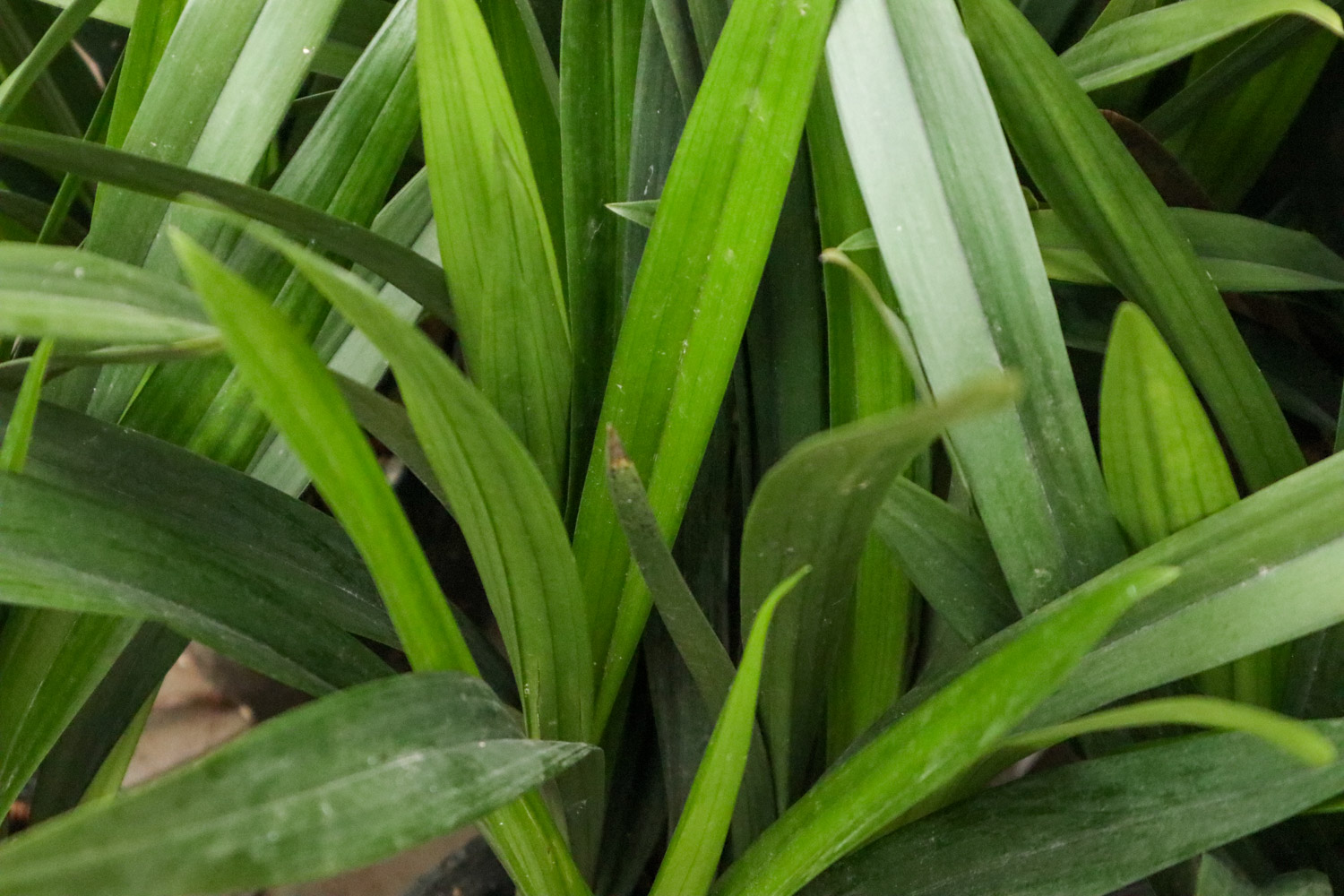
In short, the orchids after flowering still need special care. We are required to be careful. It will be easier when we get through the flowering season. I hope the longer the orchids, the better

 how many times do yo...
how many times do yo... how many planted tre...
how many planted tre... how many pine trees ...
how many pine trees ... how many pecan trees...
how many pecan trees... how many plants comp...
how many plants comp... how many plants can ...
how many plants can ... how many plants and ...
how many plants and ... how many pepper plan...
how many pepper plan...
